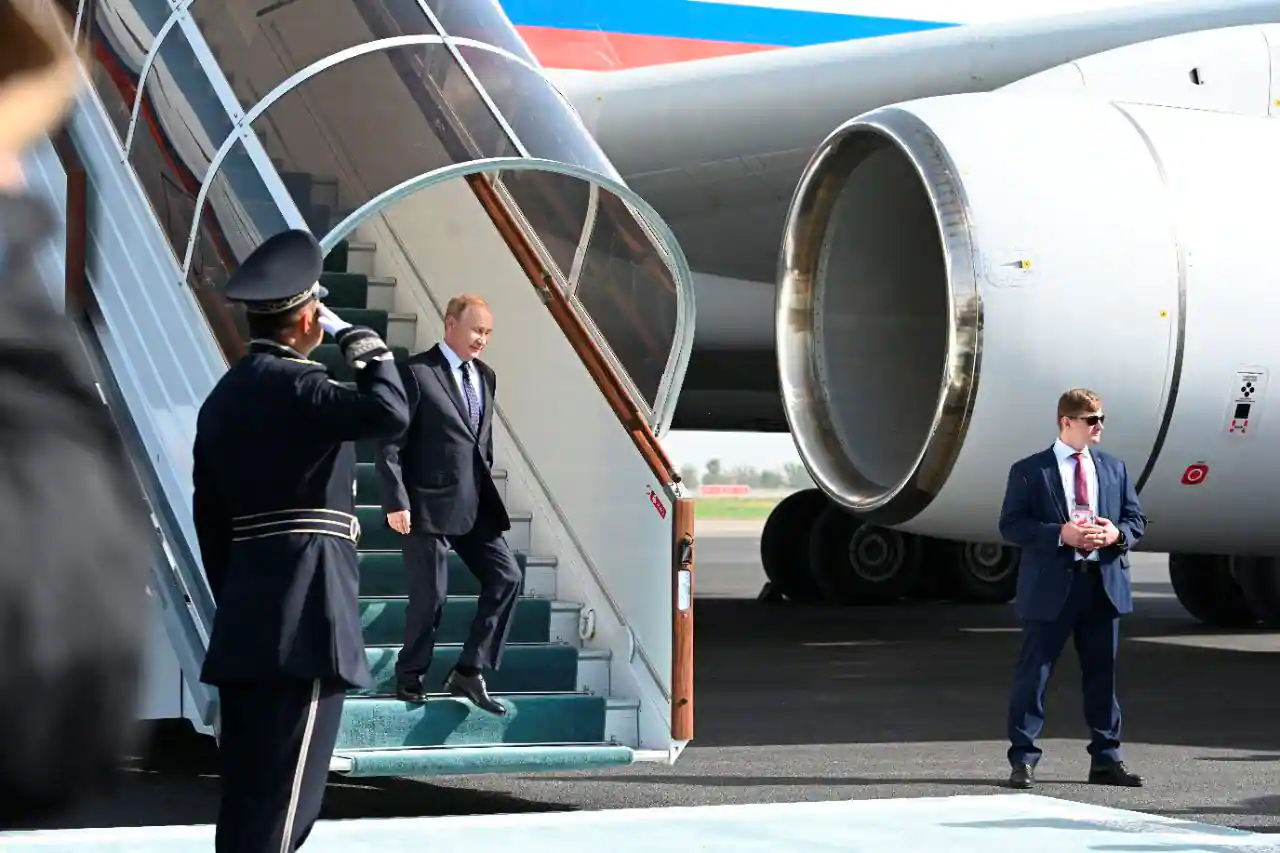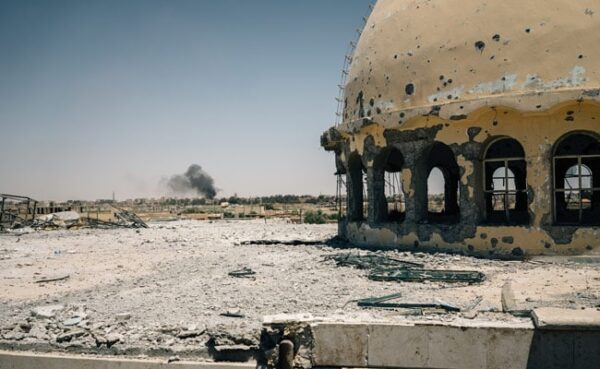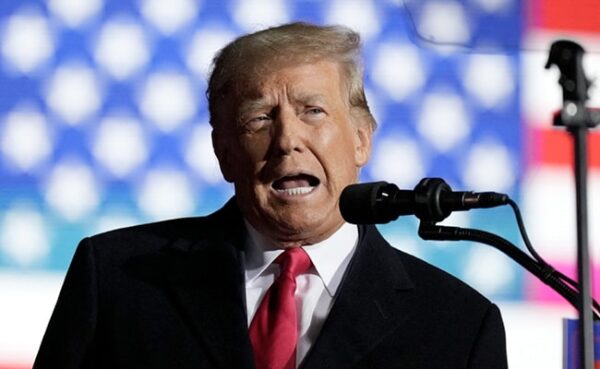Prime Minister Narendra Modi will be in Uzbekistan for the Shanghai or SCO cooperation organization today, together with leaders from three countries awarded by India having a complicated relationship.
While Russia has announced bilateral between PM Modi and President Vladimir Putin, indications are contrary to structured conversations with China and Pakistan.PM Modi is likely to land on Uzbekistan this afternoon. This will be the first time the leaders face face face since the outbreak of Covid.Chinese President Xi Jinping has arrived in Samarkhand. He was welcomed by President Shavkat Mirziyoyev.
Both Beijing and New Delhi have maintained tension about whether he will have a sidebar with PM Modi during the meeting. Although bilateral meetings with agendas seem impossible, NDTV has learned a short conversation at the top possible.
Only two days before the Summit, India and China completed the release at Gogra-Hotsprings Ladakh, PP15, increased the expectations of the possibility of a meeting between the two leaders.
Assistant President Putin said that the Indonesian UN president in December would also be the topic of discussion in critical bilateral with PM Modi. This period will coincide with the G7 Russian oil price hat that appears.
For India, this is another balancing action given the Russian War with Ukraine, and Eyes US at the meeting.
With the European Union that imposed sanctions on Russia to control hostility, many people in the international community, including the US, have alluded to Indian insistence to continue agreement with Russia, especially in oil.
As for Pakistani Prime Minister Shehbaz Sharif, interesting Sisar can be a possibility, NDTV has learned. India wants to express condolences for the loss of lives in this new flood that destroys Pakistan.
Sco Beijing-Headquartered consists of China, Russia, India, Pakistan and four Central-Kazakhstan, Kyrgyzstan, Uzbekistan, and Tajikistan. This is the largest regional organization in the world, which covers around 60% of the Eurasian region, 40 percent of the world population, and more than 30 percent of global GDP.




